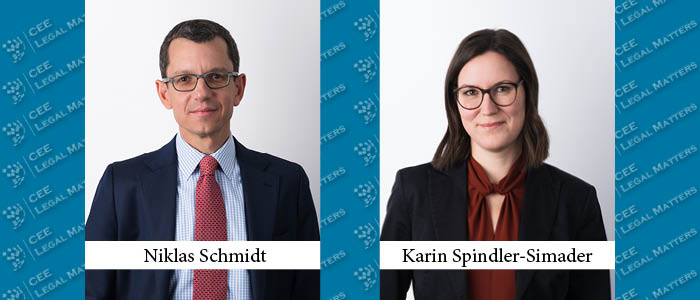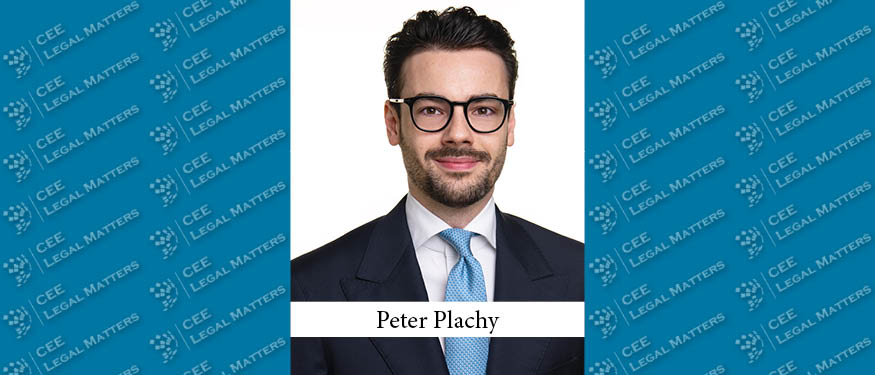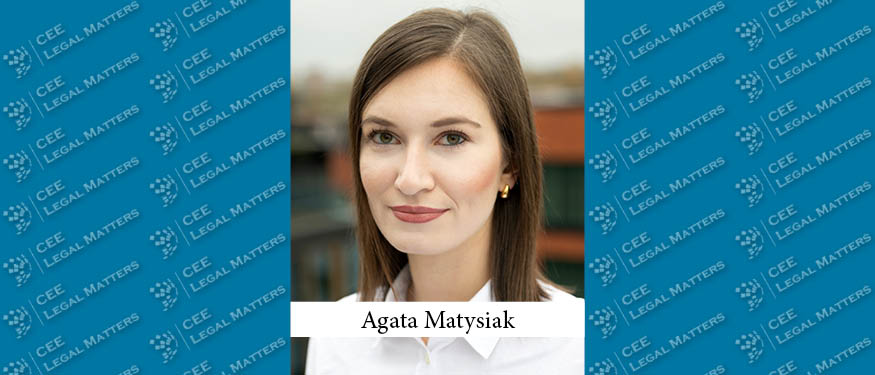At the end of May 2023, the Austrian Ministry of Finance issued a new draft law. The Start-Up Promotion Act is intended to create a new regulation for start-up employee shareholdings that should apply to shares surrendered on or after January 1, 2024.
A start-up employee shareholding is to exist under the following conditions: An employer (i.e., not a third party) grants – within ten years of the end of the calendar year in which the company was founded – one or more employees (i.e., not necessarily all employees or a certain group of employees) shares in its company free of charge for objective, business-related reasons. The granting of shares only at par value is to be considered as a grant free of charge. Furthermore, the employer’s company must fulfill the following requirements in relation to the financial year preceding the date of the granting of the shares: no more than 100 employees, no more than EUR 40 million in turnover, no full inclusion in consolidated financial statements, and no holding of more than 25% in the capital or voting rights by companies that are to be included in consolidated financial statements. Since start-up employee shareholdings are to be used for the purpose of retaining new employees, persons who already participate to a significant extent in the success of the company do not fall within the scope of the new regulation. Therefore, at the time of granting the shares, the employee must not directly or indirectly hold a share in the employer’s company of 10% or more (or has held such a share in the years before). In the interest of strengthening the bond with the company, a sale or transfer of the shares by the employee inter vivos is only possible with the employer’s consent. As a final precondition, the employee needs to declare in writing to the employer upon receipt of the shares that they wish to make use of this new regulation (with the consequence that the tax exemption of up to EUR 3,000 for employee shareholdings does not apply).
If there is a start-up employee shareholding, then the non-cash benefit – in deviation from the general rules – is not deemed to have accrued at the time the shares are handed over (and thus leads to “dry income” for the employee and the need for an immediate valuation of the shares). Rather, a taxable inflow occurs in the following situations: if the employee sells the shares (to the employer or to a third party); if the employment relationship is terminated (an exception exists in the case of certain share types if subsequent taxation is ensured by the employer); if the restriction on transferability is lifted; if the employee’s shareholding directly or indirectly exceeds 10% of the capital; if the employer is liquidated or if the employee dies; and, finally, if circumstances arise that would lead to a restriction of Austria’s taxing right (e.g., a relocation of the employee).
The non-cash benefit from the gratuitous transfer is to correspond to the proceeds of the sale or – if no sale occurs – the fair market value. 75% of this amount (presumably less any acquisition costs of the employee) is to be taxed at a fixed rate of 27.5%. Apart from the case of the death of the employee, the prerequisite for the application of the flat tax rate is that the employment relationship has lasted at least three years and the inflow – except in the case of inflow through termination of the employment relationship – occurs after the expiry of five years from the time of the first transfer of a start-up employee shareholding to the employee. If these time limits are not fulfilled, 75% of the non-cash benefit will be taxed according to the progressive rate. The remaining 25% of the non-cash benefit should be taxed according to the progressive rate in any case.
The income taxable at a fixed rate of 27.5% is exempt from municipal tax and the employer’s contribution. In the area of social insurance, the obligation to pay contributions in the current employment relationship is postponed until the actual sale of the shares or the occurrence of other circumstances, whereby this postponement is in any case limited to the duration of the employment relationship. In the case of the sale of shares during the current employment relationship, the proceeds of the sale shall be taken as the contribution basis, in all other cases – 30 times the maximum contribution basis.
By Niklas Schmidt, Partner, and Karin Spindler-Simader, Consultant, Wolf Theiss
This article was originally published in Issue 10.10 of the CEE Legal Matters Magazine. If you would like to receive a hard copy of the magazine, you can subscribe here.
















